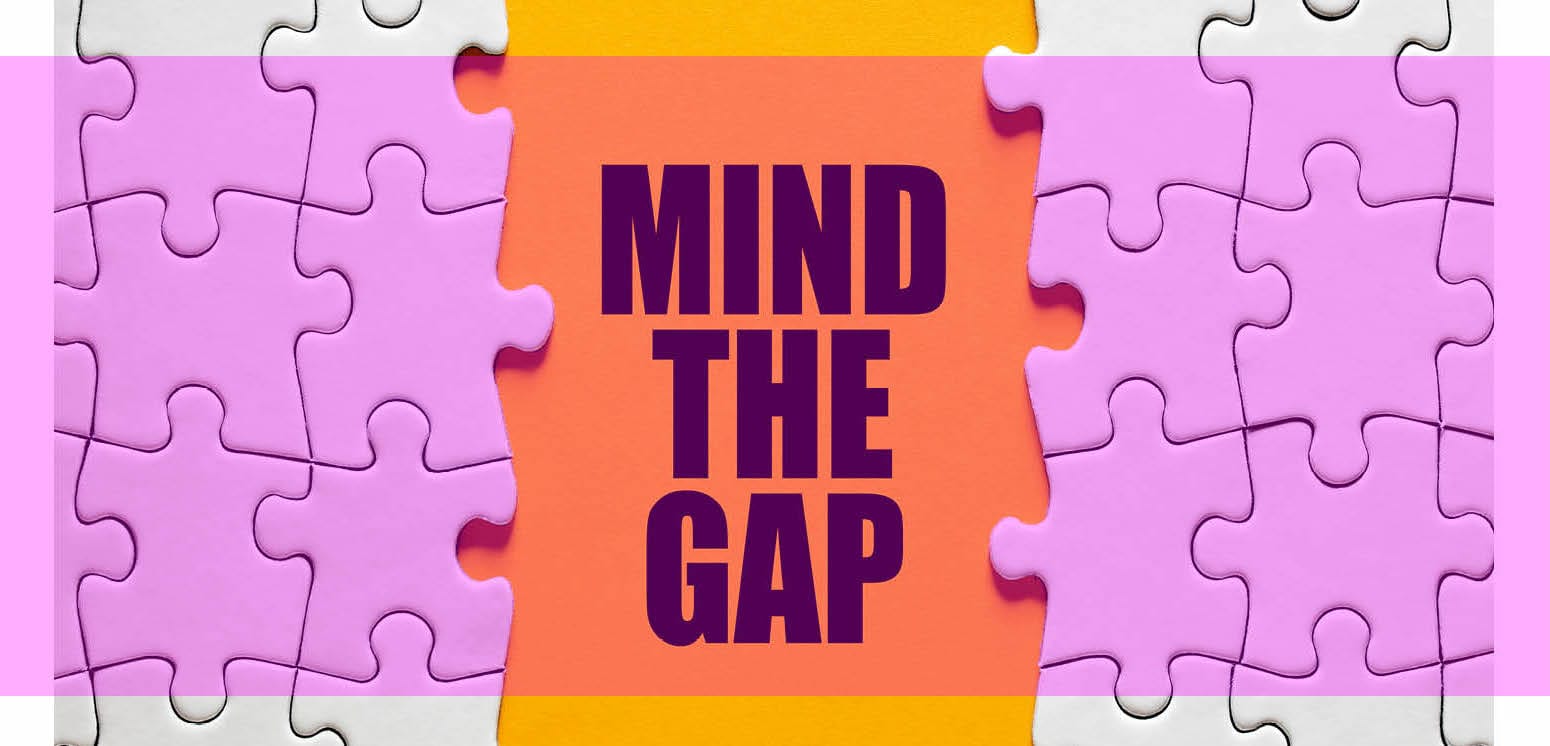
Mind the gap
Bridging recognition and value of our Lived Experience workforce
We've made great strides in Aotearoa when it comes to developing a Lived Experience workforce, which is exciting and something we can be proud of. But, there is still room for improvement and refinement when it comes to appreciating and using the true worth and value that a Lived Experience workforce adds.
Sometimes it's treated as a bit of an optional extra—acknowledged in strategy documents, referenced in funding bids, but not always embedded as an equal partner in mental health and addiction services. This I feel could do with a second look.
I’ve spent 25 years in this sector, and if there’s one thing I know, it’s that Lived Experience isn’t just valuable—it’s essential. Yet, even now, there are times when I can sit in a room full of clinical professionals and still feel that my perspective is not always given the weight it deserves.
Four Priorities for Change
- Intentional Inclusion
Lived Experience must be more than a tick-box exercise. When organisations say they have Lived Experience voices at the table, they need to mean it. That means not just hearing us, but valuing our contributions and ensuring our insights directly shape policy, service design, and systems change. - Robust Training and Education
If we want a strong Lived Experience workforce, we need to invest in its development. That means dedicated training programs—not just for Lived Experience practitioners themselves, but also for the broader mental health workforce. Too often, those without Lived Experience don’t fully understand its value or potential. Training can change that. - Cultural Competency and Integration
Lived Experience and cultural competency must go hand in hand. We need training that weaves together indigenous knowledge and lived experience principles. A great example is the Kia Mataara training program, which beautifully integrates Te Ao Māori principles with Lived Experience values, creating a richer, more meaningful approach to practice. - Systemic Support and Pay Equity
Lived Experience workers deserve the same systemic backing as their clinical counterparts—secure funding, clear career pathways, and pay equity. At the moment, we have essential Lived Experience roles in places like emergency departments, but the funding isn’t always enough to cover a full seven-day shift. If we believe in the value of Lived Experience, we need to invest in it properly.
The Problem with Pilots
One of the biggest challenges is the reliance on pilot programs. While pilots can be useful for testing new approaches, they are often too short-term to create lasting change. The first year is typically spent setting up, refining processes, and addressing early challenges—just as the funding runs out.
In many cases, the evidence for Lived Experience roles is already strong. We’ve seen successful models, done the research, and demonstrated the impact. If we know a model works, why not invest in it for the long term from the outset?
A Call for Accountability
A strong model for this can be seen in Australia, where Wellways has appointed Mary O’Hagan to lead a Lived Experience accountability group. Initiatives like this ensure that Lived Experience perspectives are actively considered in policy, service design, and funding decisions. This kind of approach could provide a meaningful step forward here as well.
Imagine a mental health and addiction sector where
- Lived experience is the first perspective consulted in policy and service design.
- It is top-of-mind for funders, decision-makers, and the broader workforce.
- It is top of the queue when it comes to investment and prioritisation.


